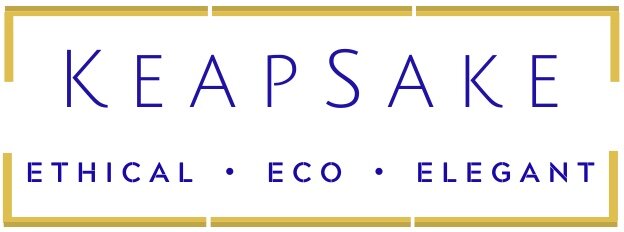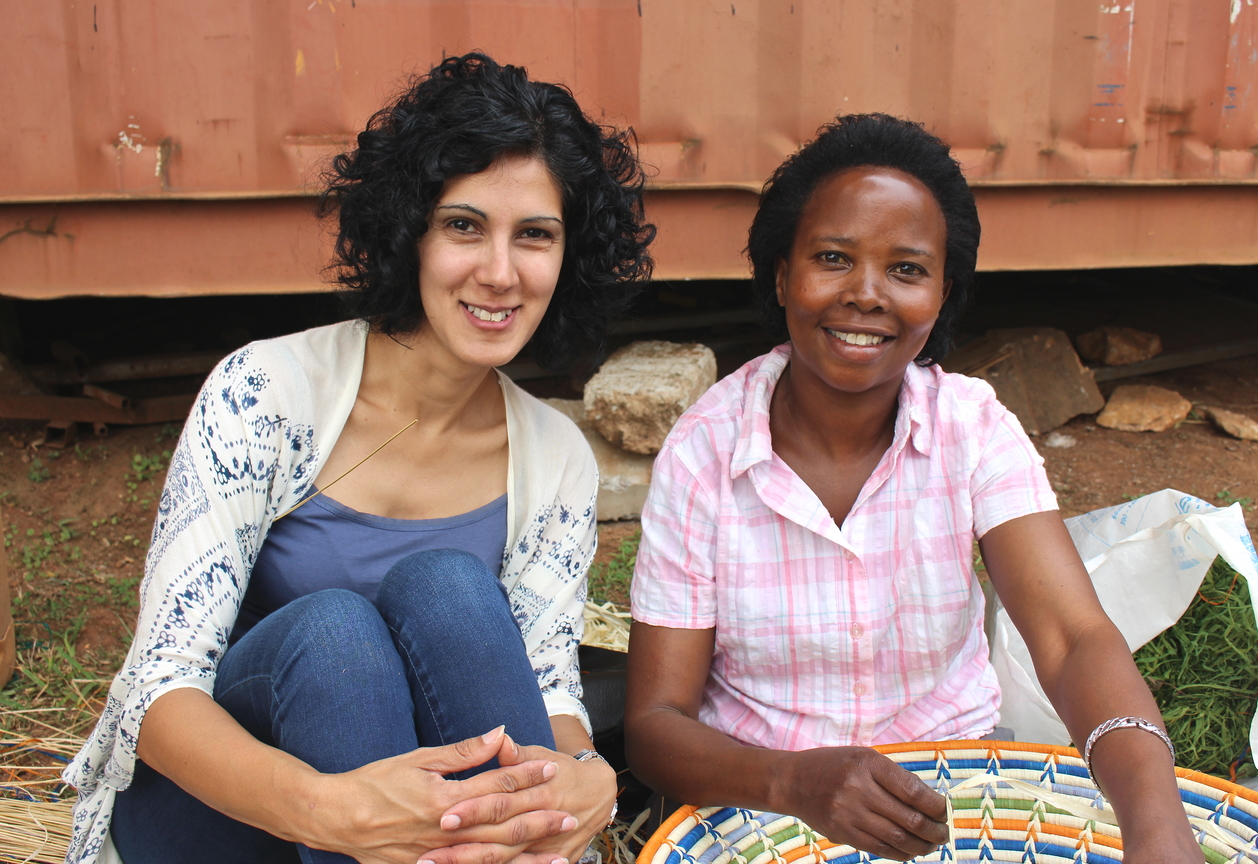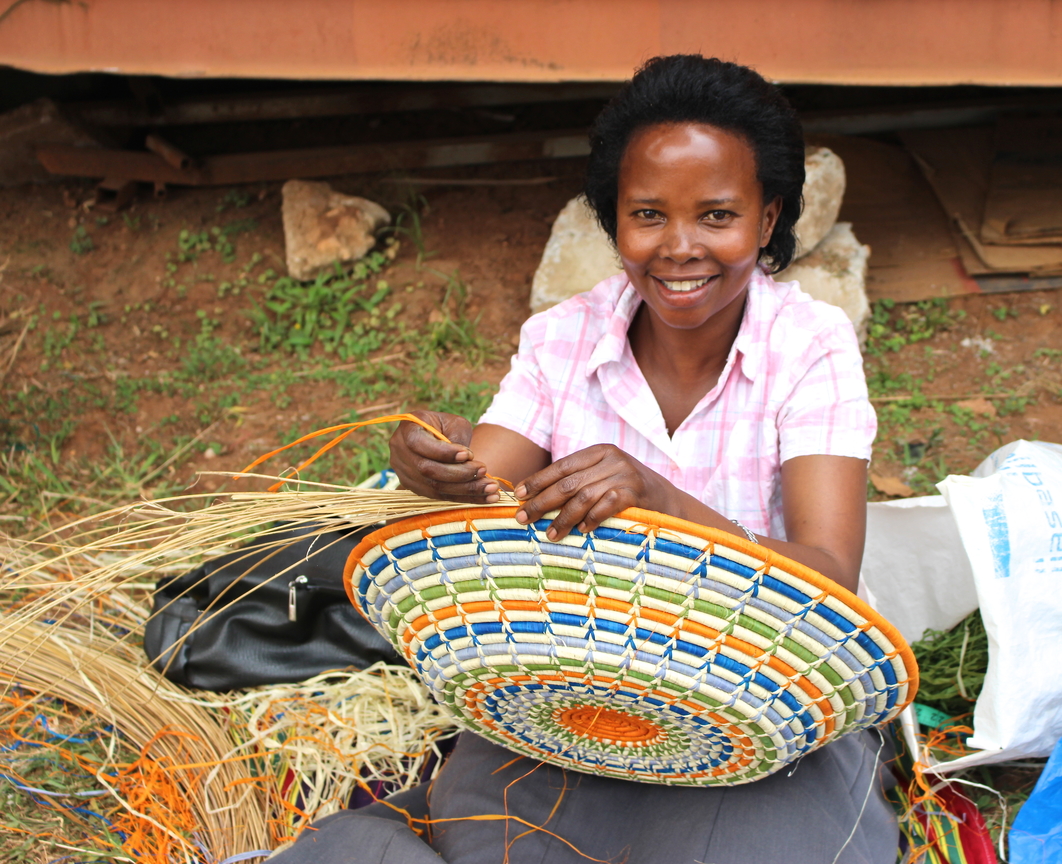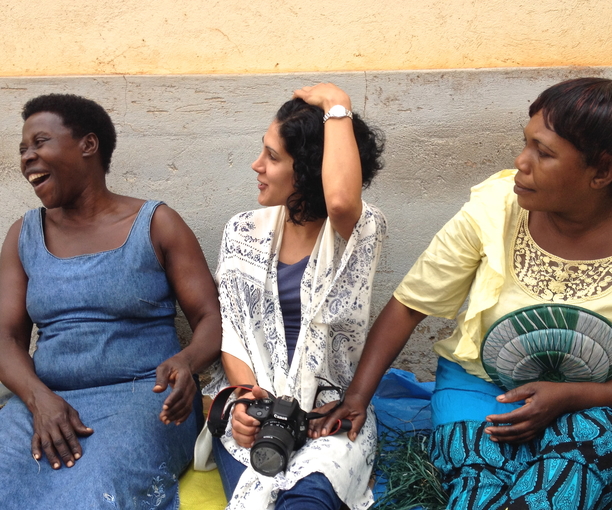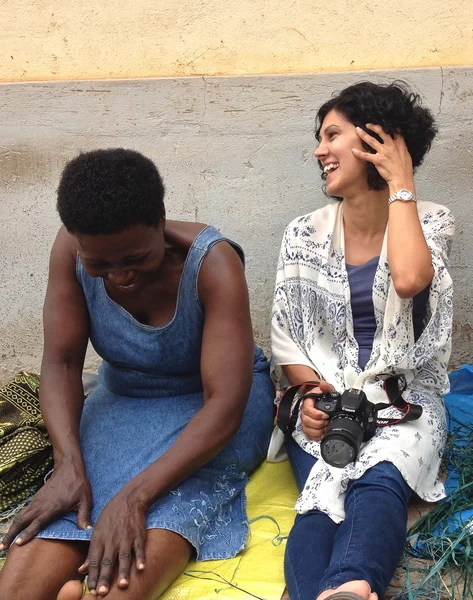The Journey To Friendship
We are experiencing a growing popularity among consumers for 'cause based' shopping - a preference to purchase products with a social or environmental benefit. This, coupled with the trend of shunning of big brands selling mass produced items, is seeing a resurgence of independent retailers offering bespoke and unique pieces.
It is these values that KeapSake works alongside. Providing our customers the opportunity to connect with people and planet. To purchase goods that are 'made well' not only with regard to quality but also with a focus on sustainability and the environment. The sale of which makes a difference to the people who create them.
Thankfully in the aim to end global poverty, we are not unique in what we do, although as with most things, such an approach is not without it's own challenges. And so, having recently returned from our most recent sourcing trip to Uganda, I wanted to share a few of our experiences when it comes to building relationships with our partners. Many of whom come from vastly different backgrounds and business cultures.
A web of connections
Locating our partners is one of the most important and interesting aspect of what we do. Although, unsurprisingly, the majority of people that we seek (namely independent, small-scale artisans in developing countries) simply don't have an online presence. So it's not as easy as simply going on the web and finding the perfect, existing company.
A large amount of online research, however, is still the starting point. Creating a spiders web of contacts, referrals and linkages between people and organisations, before we discover that one person or co-operative that fits with our design and social responsibility ethos.
Once we have discovered our potential partners, regular communication most often via Whataspp which is the primary mode of interaction for product design and business development. Understandably, working with such a wide range of people, largely on a remote basis, has involved embracing the art of patience, trust and humility. Through this we are rewarded with a strong relationships with our artisan partners, which hopefully develop into good friendships along the way.
Building businesses
Many of the best craftspeople we come across operate without the standard tools for business we use in the West, such as bank accounts or even the ability to conduct simple email correspondence. As such, we regard our relationship with our partners as a two-way relationship - with both sides developing knowledge and understanding into how best to work within differing trade and business cultures.
Working with, supporting and even mentoring our artisan partners may not make much business sense to purely profit-driven businesses. However, one of our core principles is to provide a platform for talented artisans, whatever their situation, and showcase their work. Which in turn provides our customers in Australia with greater opportunities to buy genuine, artisanal, ethically made products. If it requires time and effort to help the artisans we find to formalise their business, it’s an investment that can only reinforce our underlying social enterprise principles.
Be authentic
Shoppers are more conscious than ever before of how their buying decisions impact on people and the natural environment. Thus, businesses have had to clean up their supply chains, which for so long have consisted of an opaque web of relationships which are impossible to trace back to source. But now, authenticity and transparency are becoming the new currency of business.
For us – a company built on the stories of each of our products and the artisans behind them – a short, transparent supply chain is essential. Crucially, this also means we can ensure that ethical working conditions exist for our artisans and the artisans of our suppliers. Identifying the source of a product is not always straightforward but it is crucial in maintaining the principles of our business.
